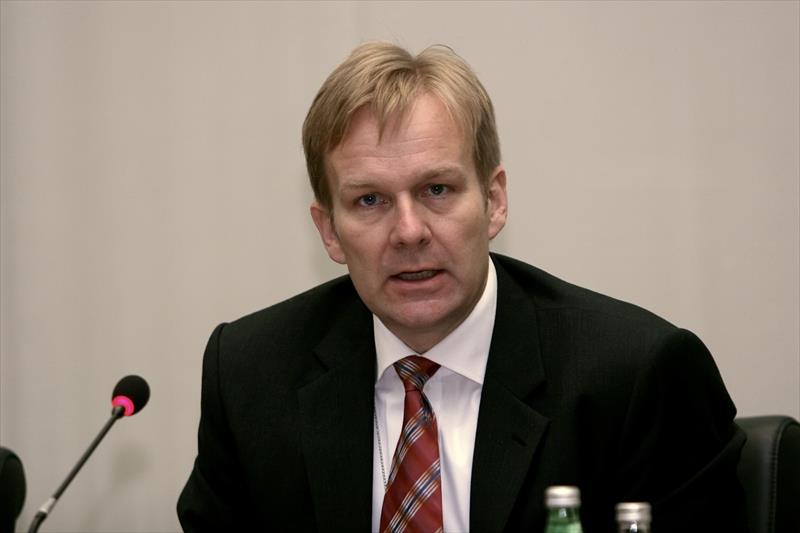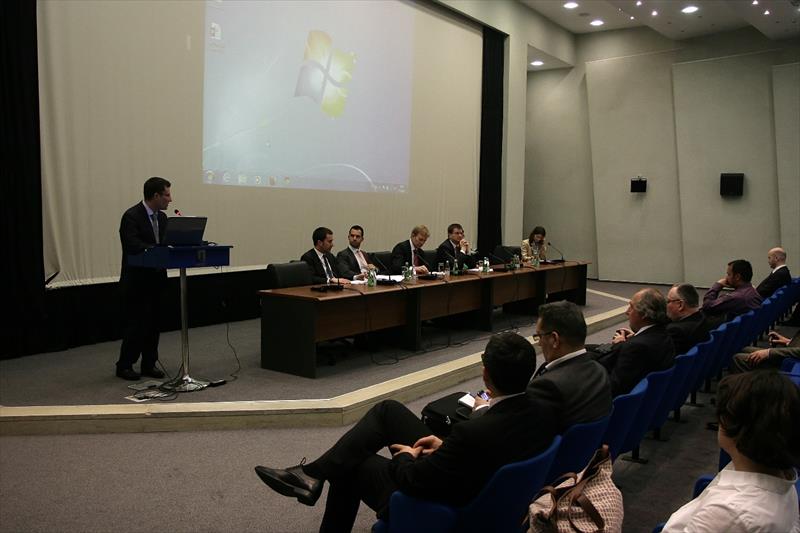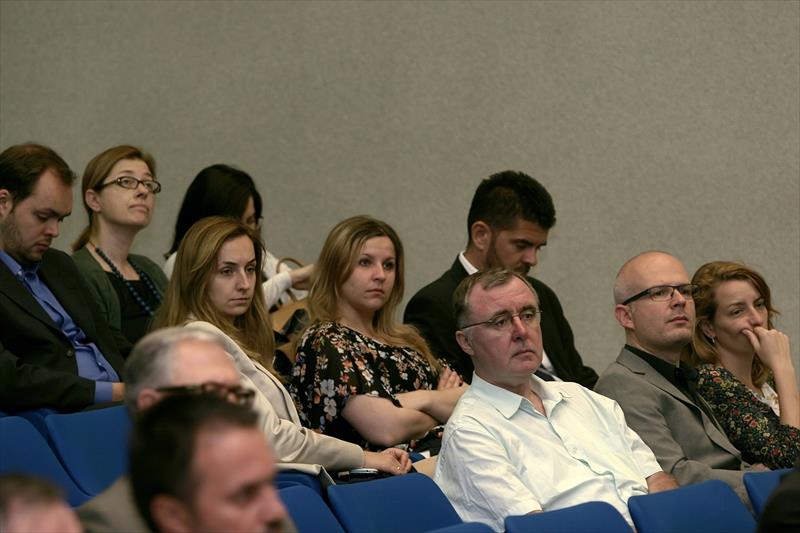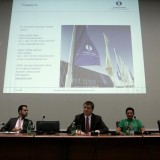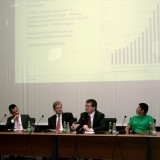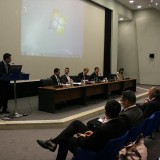3 July, Sarajevo
Ladies and Gentlemen,
It is truly an honour this morning to introduce something new and hopeful for Bosnia and Herzegovina on behalf of the European Union and our international partners. The initiative is the Enterprise Expansion Fund—or ENEF—and our partners and initial investors are the European Bank for Reconstruction and Development (EBRD), who will also manage the fund, the European Investment Fund (EIF), Kreditanstalt für Wiederaufbau (KfW) and the Italian Government. The European Investment Bank (EIB) is a partner in a broader initiative.
The ENEF is a fund that will support SMEs with a high potential for growth—those that are incorporated in the Western Balkans and those that will invest in projects in the region. It will provide equity financing to support the development and expansion of these businesses and it was officially incorporated only in February of this year.
The fund was created to meet a growing demand for financing for the capital expansion of local SMEs. This, of itself, is a very good sign. And the international institutions became involved because unfortunately there have been very few successful home-grown equity funds in the region. ENEF was created to encourage the expansion of SMEs and SMEs can also clearly benefit from cooperation with equity investors to make their transition to the next level of development and realise their full potential. Smart money it is indeed.
As I am sure others will explain to you in more detail, the ENEF is just one component of a Western Balkans Enterprise Development and Innovation Facility (EDIF) that was launched in December of 2012 to enhance private sector financing for innovative and high-potential SMEs. This comprehensive programme was designed to meet all of the needs of the vibrant SME sector and an initial EU contribution to the EDIF of €60 million was intended to spearhead total financing of €300 million.
SMEs in ENEF will also benefit from EBRD expertise through its Local Enterprise Facility. Thanks to the link between the two programmes, financing will also be enhanced. And we welcome the EBRD initiative to associate their Small Business Support programme (SBS) with EDIF. In this way, we will together achieve more than the sum of our respective programmes could have achieved.
Under the specific auspices of ENEF, enterprises could obtain financing of between €1 million and €10 million, primarily in the form of equity and quasi-equity but also in convertible bonds. The general aim is to strengthen the balance sheets of SMEs and, at the same time, to provide the liquidity needed for growth.
The launch of ENEF is an important milestone in the process of Private Sector Development in this region and could be an important contributor to growth in Bosnia and Herzegovina. The initiative adds to the other assistance provided by the EU in BiH, including the most recent initiative where we support SMEs and entrepreneurs in 9 selected municipalities throughout the country.
SMEs are the engines of the economy of the future and, as such, they embody the potential for growth. We must look to them, in particular, to get unemployment down from its very high levels. Youth unemployment is a particular blight on this country and, at almost 60 percent, is among the worst, if not the worst in Europe. Sadly, just one in eight young people have a job in BiH compared to one in three young people in the EU.
And this brings me to the other requirements for growth. In a sense, funds like ENEF provide crucial nourishment for SMEs and give water to fledgling plants that might otherwise wilt. But, in order to take advantage of this assistance, the plants must be placed in fertile ground. And the business environment in BiH cannot really be described as fertile ground. As most of you know, BiH is ranked 131st out of 189 countries in the World Bank’s Doing Business Indicators and, as such, sits between Bangladesh and Uganda. It sits 38 places behind any other country in the region and is ranked 174th (out of 189 countries, alongside Libya) on the World Bank’s assessment of procedures to start a business. So, in truth, not really SME territory.
So, in addition to providing direct support to SMEs, we need to create a business and social environment in which SMEs can survive and thrive. And it was in order to tackle this that I hosted a Forum for Prosperity and Jobs the end of May this year; with significant help and input from our friends at the EBRD and the other International Financial Institutions.
The idea with the Forum was to set out to identify six significant areas where action would put BiH back on the road to reform and growth. When the problems are large, we need to prioritise our actions and we need to start somewhere. The six areas are: (i) to cut taxes on jobs from their current levels—at close to 40 percent of total labour costs; (ii) to remove other specific barriers to hiring new workers; (iii) to slash the administrative barriers to investment; (iv) to undertake serious reforms in old enterprises and adopt a plan to improve the corporate culture; (v) to seriously address corruption by removing incentives and making administrative procedures more transparent; and (vi) to target social welfare at those most in need of help. All six initiatives need to go hand in hand.
We are continuing to consult with the business community, civil society, the IFIs and local and regional experts on this agenda, including at a Seminar planned for July 15 in Banja Luka. These wide-ranging deliberations will be reflected in what we think will be called a Compact for Growth and Jobs that will be presented to the public before the end of the month. It will act as a guide to the most urgent reforms for whoever is in power or whoever will be in power after elections.
We continue to believe that economic reform is possible; but it must begin again and in earnest. The Compact will be offered to political parties for their support prior to elections and for their endorsement in government. Our international partners have programmes at the ready to implement these measures and we all look forward to discussing them with new governments after the elections. In the meantime, we encourage civil society—and the public, more generally—to get involved and to push the reform agenda with us.
This reform agenda, together with initiatives like ENEF, can offer a brighter future to BiH—and one that will surely involve membership in the EU. But there are no shortcuts available. Reform is not necessary to please the EU; it is necessary so that the young people of BiH can have a prosperous future. It is necessary so the BiH can survive in the competitive environment that there is in the world in and in the region today. And this work needs to begin in earnest and very soon.
Thank you very much for inviting me to the opening of the Enterprise Expansion Fund, an instrument which we believe will be a very important part of generating growth in Bosnia and Herzegovina.
Thank you.



